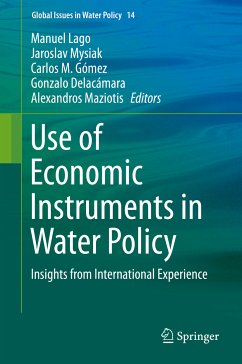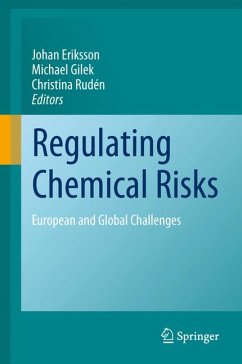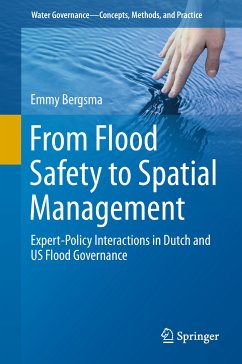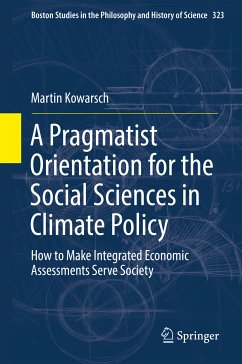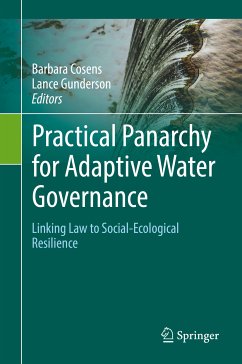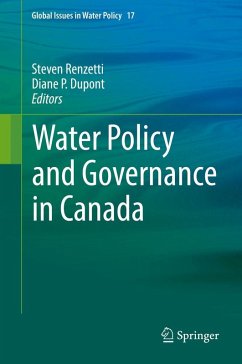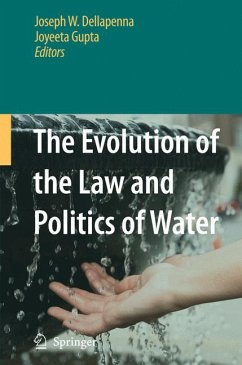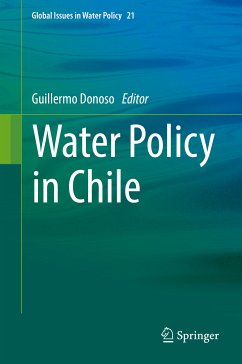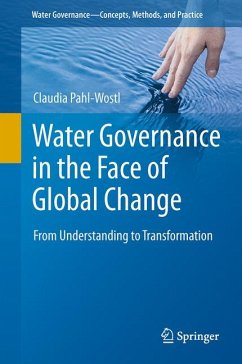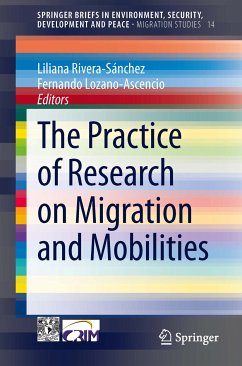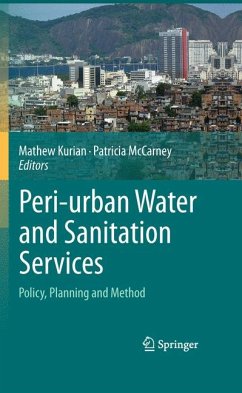
Peri-urban Water and Sanitation Services (eBook, PDF)
Policy, Planning and Method
Redaktion: Kurian, Mathew; Mccarney, Patricia
Versandkostenfrei!
Sofort per Download lieferbar
112,95 €
inkl. MwSt.
Weitere Ausgaben:

PAYBACK Punkte
56 °P sammeln!
More than 2.6 billion people in the developing world lack access to safe water and sanitation service. The Millennium Development Goal's (MDG) target is to halve the number of people without access to a sustainable source of water supply and connection to a sewer network by 2015. That target is unlikely to be met. If there is anything that can be learnt from European experience it is that institutional reform occurs incrementally when politically enfranchised urban populations perceive a threat to their material well-being due to contamination of water sources.
Dieser Download kann aus rechtlichen Gründen nur mit Rechnungsadresse in A, B, BG, CY, CZ, D, DK, EW, E, FIN, F, GR, HR, H, IRL, I, LT, L, LR, M, NL, PL, P, R, S, SLO, SK ausgeliefert werden.




